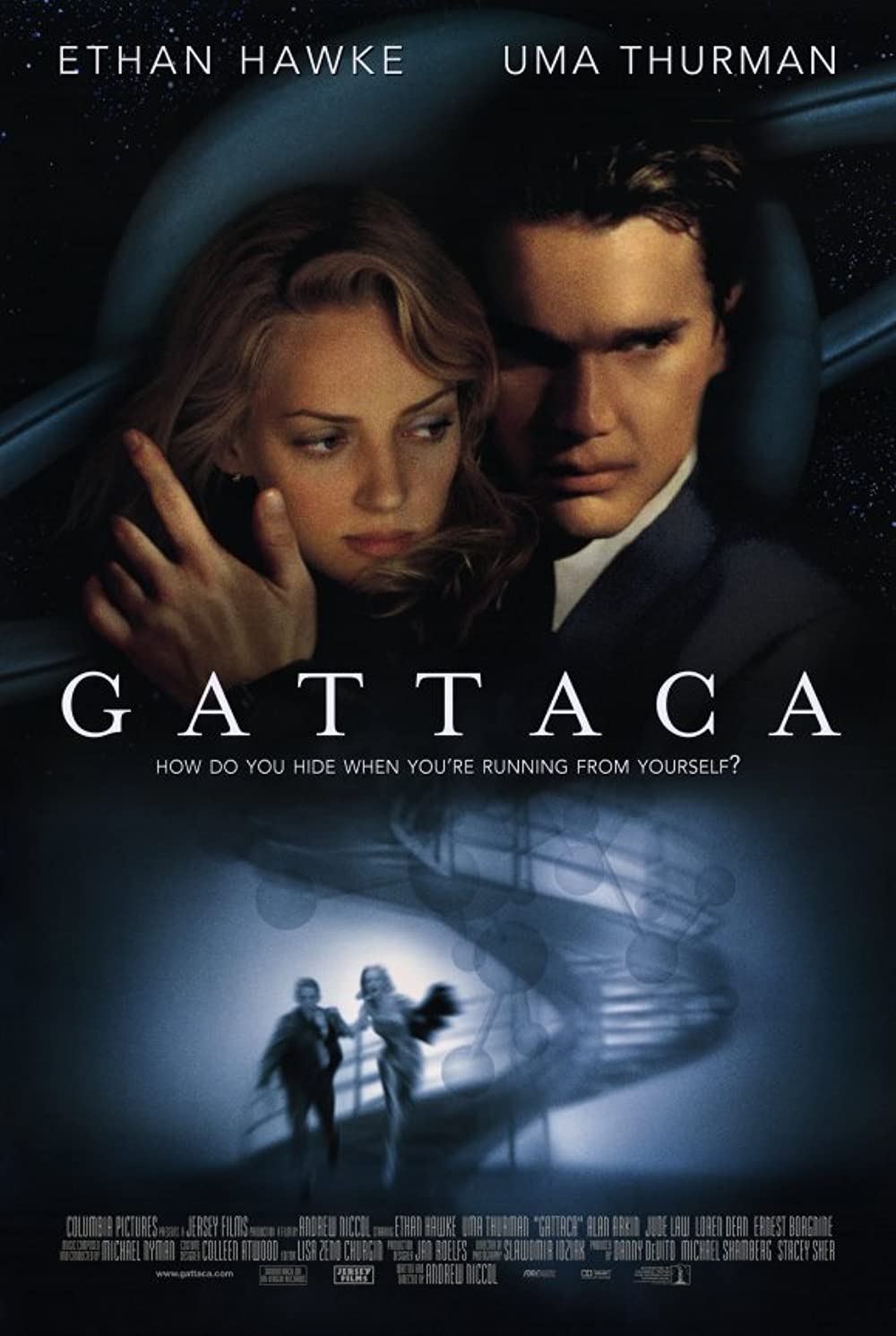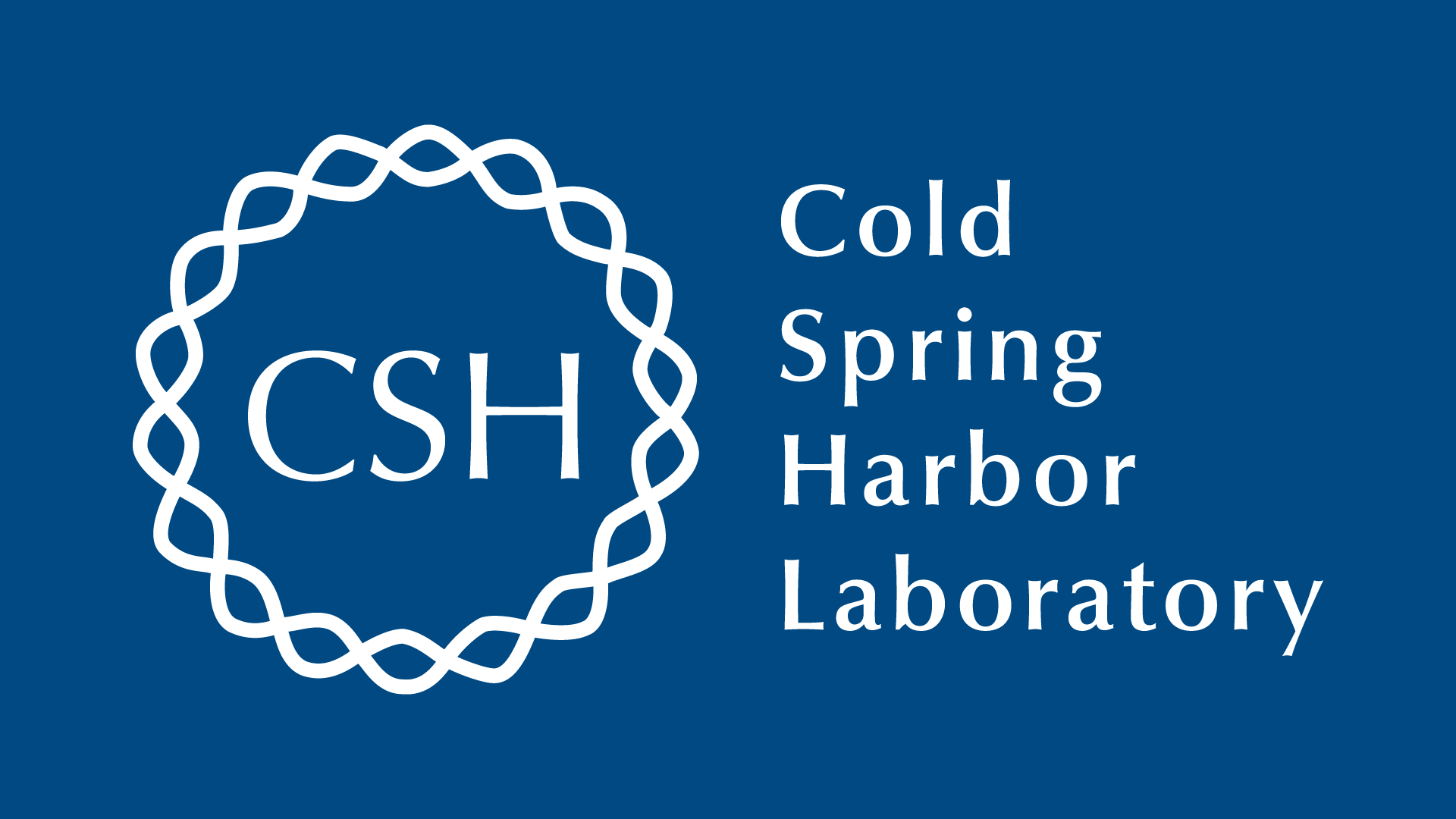National Science on Screen Day
GATTACA
Screening, lecture, & discussion
with W. Richard McCombie Ph.D, of Cold Spring Harbor Laboratory
Tuesday, March 25th at 7:30 PM
This National Science on Screen Day, join us for an entertaining and illuminating
evening focusing on the science of genetics, featuring a screening of the 1997
sci-fi thriller Gattaca. Following the film, Cold Spring Harbor
Laboratory Geneticist W. Richard McCombie will present a lecture and discussion on the fascinating science of
genetics.
In a not-so-distant future, society is divided by genetic
perfection, where people’s worth is determined by their DNA. Vincent Freeman,
born with a "flawed" genetic code, defies his predetermined fate and
embarks on a risky mission to join a prestigious space program, secretly
assuming the identity of a genetically superior individual. As Vincent’s
deception unravels, he races against time to prove that destiny is not
determined by genes but by human will. Starring Ethan Hawke, Uma
Thurman, Alan Arkin and Jude Law (1997, 112 mins)
Over the last two decades, revolutionary improvements in DNA
sequencing technology have made it faster, more accurate, and much cheaper. We
are now able to sequence up to 10 trillion DNA letters in just one month. W.
Richard McCombie works to harness these technological advancements to
assemble genomes for a variety of organisms and probe the genetic basis of
neurological disorders, including autism and schizophrenia, better understand
cancer progression and understand the complex structures of the genomes of
higher plants.
The insights of W. Richard McCombie and
colleagues have led to the introduction and optimization of novel methods of
high-throughput genome sequencing. His team has made it possible to catalog
variation among individual organisms in a way that would have been unthinkable
10 years ago. They have brought online a new generation of Illumina sequencers
and optimized their function to a level at which eight to 10 trillion DNA bases
can be sequenced in a month. McCombie’s team has been involved in international
efforts culminating in genome sequences for maize, rice, bread wheat—three of
the world’s most important food crops. They have also had an important role in
projects to sequence the flowering plant Arabidopsis thaliana (the
first plant genome sequence), the fission yeast Schizosaccharomyces
pombe, as well as the human genome and other important genomes.
McCombie’s group is currently involved in several important projects to
resequence genes in patient samples that are of special interest to human
health, including DISC1 (a strong candidate gene for
schizophrenia), looking for genetic variants implicated in bipolar illness and
major recurrent depression. They are also looking for genes, that
contribute to cancer progression using whole genome sequencing or a method
called exome sequencing which they developed with Greg Hannon to look at
mutations in the regions of the genome that code for proteins.


